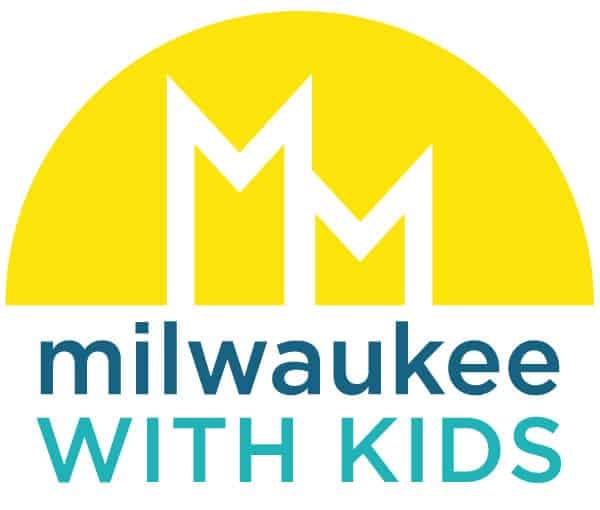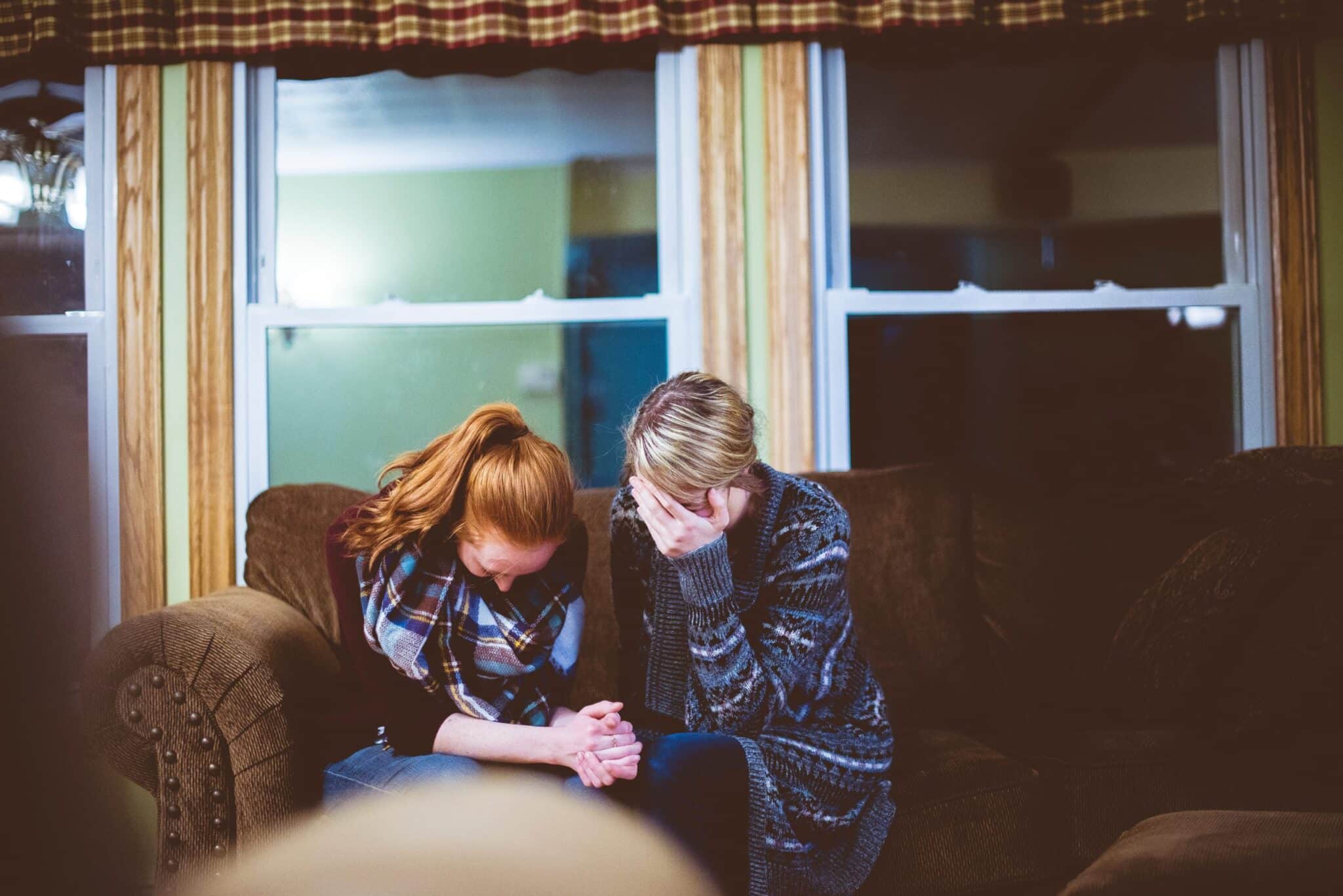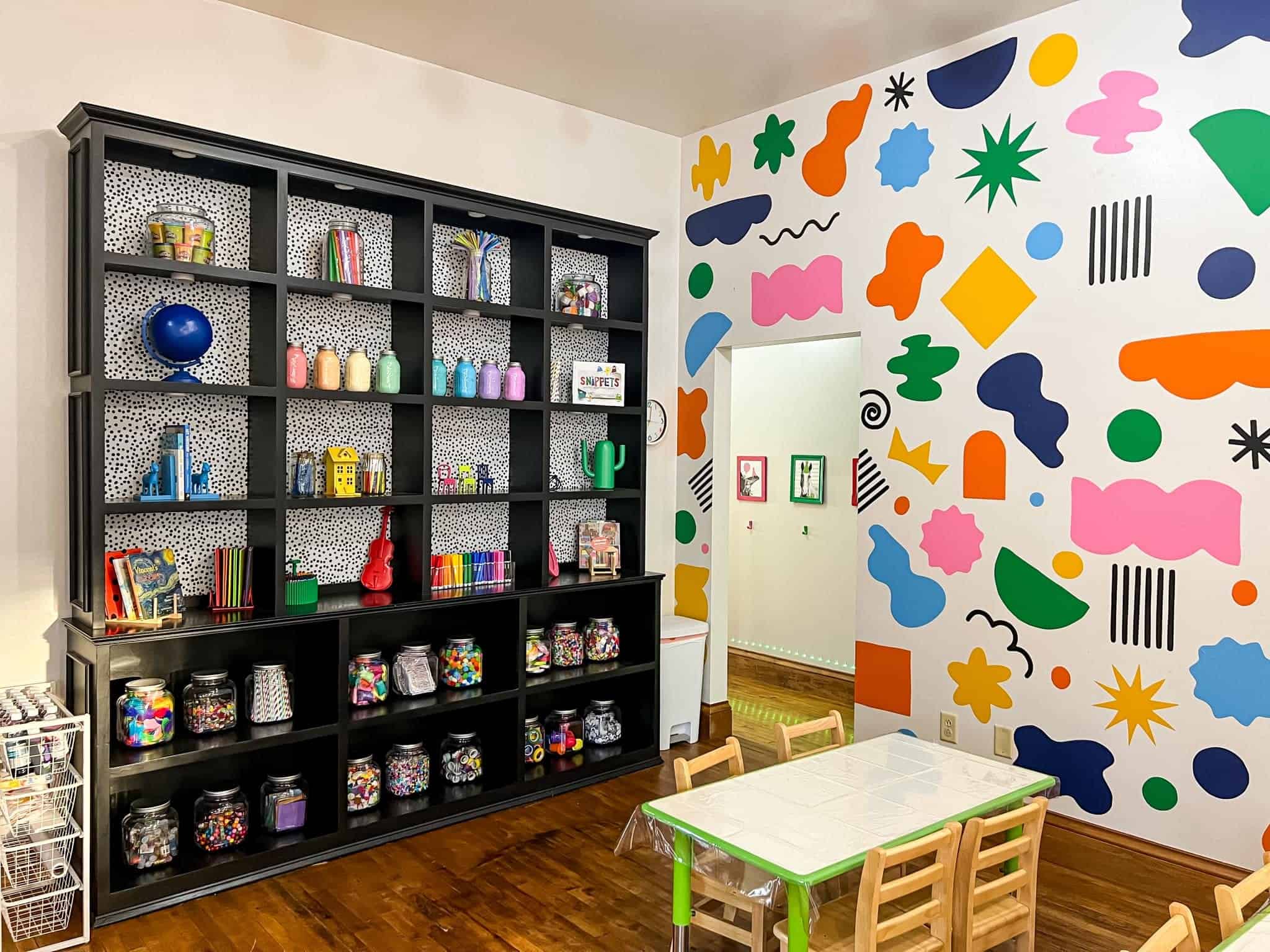
This is the third installment in a series of articles that explore one mother’s journey through the grief of loving a child who has died. It is our hope that by sharing these reflections, we can help grieving parents feel less alone, and help the people who love them better understand what they’re going through. Together, we can create a more supportive culture for bereaved parents.
Before my baby died, I made certain assumptions about people living through tragedy.
They have a lot going on right now. They don’t want to hear from me, I’d think.
We aren’t really that close. I don’t want to intrude.
I can’t imagine what they’re going through. What if I say the wrong thing? Anything I say will sound stupid or cruel. I’ll give them their space. Space is what they need most.
What if I remind them of something sad? What if they weren’t thinking about what happened and I ruin their day by bringing it up?
After a few months on the other side of the line, if I have learned nothing else, I have learned this: I could not have been more wrong about all of it.
When I look back on the way I have treated others suffering terribly in my life, I am flooded with shame. Because the truth is, although I tell myself I had good intentions, what I have really been doing all this time—all my adult life!—is making excuses.
Being so close to so much pain is frightening to me. It makes me feel uncomfortable. It underscores how little I really know and understand about the world. I’ll keep my distance – I’m not a brave enough, strong enough or wise enough person to be helpful right now.
I am afraid to say the wrong thing. Asking what this person needs could be awkward. Perhaps they will lash out at me. I am afraid to put myself out there. I am afraid to make myself vulnerable. I am afraid I’ll look stupid. I’ll send them a very vague text…I’m sure that’s good enough.
So much of it comes down to so little: I’m afraid I’ll look stupid. I’ll be faced with something beyond my comprehension. It’s not worth the risk.
Of course grief is different for everyone. I do not pretend to speak for everyone who has suffered a loss. I do not pretend to know what every mourner wants. I can only speak for myself, from my own experience.
Still, here is what I wish I could go back in time and tell my younger, blessedly naive self:
1. If someone has too much going on to talk, they’ll tell you. If they don’t feel like talking, they won’t pick up the phone. If they don’t want to write you back, they won’t. All of that is fine. But even if they don’t listen to it until a week later, a voicemail saying, “Hey, I’m thinking about you, my heart is breaking for what you’re going through, please know that we care about you,” will never, ever go amiss.
2. There is no such thing as “not close enough” to acknowledge someone’s pain. Full stop. It doesn’t matter if you haven’t spoken in ten years. It doesn’t matter if they’re 50 years older than you or 20 years younger. Losing someone you love is devastating. It is all-encompassing. It is unbearable. When it’s unexpected and unnatural, as with the death of a child, it also maroons you in shock and disbelief.
I was amazed at the people who reached out to me to tell me they were thinking of me. Some I barely knew. Some I hadn’t spoken to in more than a decade. Some were people from my community who I have only spoken with a handful of times. The thoughtfulness, the sincerity of their concern was deeply moving to me. It validated my pain. It made me feel seen. It was so important to me, and I could not have cared less that we hadn’t otherwise spoken since I was in fourth grade.
By the same token, I was hurt by the people that did not come forward. I understood – after all, I had so recently been there myself. I know why people hesitate. I understand the discomfort, the uncertainty, the eventual decision that “it’s better not to try.” But I am still haunted by their silence. I thought we were friends, I sometimes find myself thinking. Where were you when I needed you? How could you have looked the other way when I was in so much pain?
3. You cannot “remind” someone of their loss. That person has not forgotten it. I can still crack a joke, I can complain about my house being a mess, I can have a boring, ordinary conversation, and the whole time, there is no part of me that has forgotten that my baby died eight months ago. Whatever I am doing, wherever I am, part of me is thinking about my little girl. I remember exactly how old she would have been. I know what milestones she would be up to. And I long to speak about her with someone…to remember that she existed, and that she was loved.
That doesn’t mean that every place is the right place to bring her up. When I’m walking to my car holding my kids’ hands, that may not be the right time to launch on a deep discussion of my daughter or my feelings about her. In a work meeting to discuss a freelance project? Not unless I bring it up. That’s not a safe place for me to lose my composure. In general, when there are a lot of people around, and little privacy – that may not be the best place to approach me about my grief. But a phone call, a card, a visit—all of those are important ways to show someone that you know they are mourning, and that you care.
4. Worrying about saying the wrong thing is a perfectly valid, healthy concern! The last thing we want is to hurt a person already suffering so much. But it is no excuse for silence. It just isn’t. You can tell your friend: “I have no idea what to say. I wish I could make it better and I know that I can’t.” That’s fine! You can say, “I can’t imagine what you’re going through, but I care about you.” That and a hug are all you need…just something that says, “I see you. I know you are in pain. I am here for you.”
Believe me, your friend is not sitting there waiting for you to come up with some astounding revelation that will suddenly make sense of a situation that has stumped doctors and rabbis and therapists. They are not looking to you for answers or wisdom. They just want to know you care. They just want to feel your presence, to know you are with them in their grief.
Is it possible to say the wrong thing? Of course it is, but I think it’s also simpler to know where that line is than people initially think.
Here are things you might say that are not the wrong thing: asking how they are coping; expressing how deeply you care about a person; telling them you don’t know what to say; wishing you could make it better; sharing memories of the person who has passed away or asking about that person; asking them how you can help or what they need in that minute.
Here’s what the wrong thing looks like: offering unsolicited medical advice (“are you sure it wasn’t covid? maybe it was something you ate?”); suggesting theological reasons why something terrible has happened to them (“God didn’t want you to raise a baby that would have had cancer”); telling them you know how they feel and then talking at length about something that happened to you or someone you know, especially if it is not at all the same situation (“my friend actually also had decreased fetal movement and the doctors told her the baby would have died, but they delivered the baby by c-section and he was fine”); any sentence starting with “at least” (“at least you didn’t really know your baby”; “at least she didn’t suffer”); or any platitude you read in a hallmark card that doesn’t really have any substance (“God needed another angel”; “she’s in a better place now”).
Do you see what I mean? I think we go wrong when we start making the conversation more about *us* than about the person who is grieving. When you remember that it isn’t about you – that your friend isn’t looking to *you* to make sense of their lives or explain what happened to them, but just to hold them while they cry – it becomes easier (and less intimidating!) to offer true comfort and healing where it is needed the most.
5. If you don’t know what they need, you can ask! And again, it doesn’t matter how “close” you are. It isn’t about that.
But the more specific your question is, the more likely you are to receive a real answer. “What do you need?” can be an overwhelming question for a person in pain. They may not be thinking clearly. They don’t want to burden you. They may automatically think, What I need is my child or parent to be alive again, and healthy. A lot of times they may say, “I don’t need anything, thank you,” just because it’s too much even to think about.
Yes or no questions are easier to say yes to. “Would your 4-year-old like a playdate?” “I’m going to Costco. Do you need anything?” “I’d love to grab a coffee with you sometime. Is Tuesday good?” “I’d love to do something in memory of your child. Is there a cause I could donate to that would mean something to you?” “I’m going for a walk. Want to keep me company?”
All of these make it easy for the mourner to say yes. And even if none of it is what they want or need right now, they will never forget that you made the offer. It’s another way of saying, “I see you. I know I can’t fix it, but you are not alone.”
6. Grief is ongoing. It’s not a one-time thing. Don’t feel like because you said something one time, you’re supposed to never mention it again; don’t be afraid to reach out even after months have passed.
I was so touched to get texts from friends who remembered that it had been three months since my daughter died. Just that little bit of effort they put in – remembering me, remembering her, even when it wasn’t fresh and wasn’t “news” anymore – was so healing for me.
Even worse than the shock of my baby’s death was the realization that I would need to go through every minute of the rest of my life without her. The shock fades, the rawness subsides, but the dull ache of missing her, every day, persists. When you reach out six months later, a year later, you’re telling your friend, “I know this is still a big part of your life. I know this is still important to you. And because it is important to you, it is important to me. Even if I don’t know what it feels like. Even if I have nothing wise to say. Just because I care about you.”
I will end with this:
Through all these long months, the people who have brought me the most comfort were the ones who just wrapped me in their arms and wept with me.
This simple act conveyed two things:
“I understand that this is a nightmare. I understand that this is sorrow without end. I understand that there is no bottom to your pain. My heart aches for the enormity of what you have lost.”
and
“You are not alone.”
Perel Skier Hecht is a freelance writer and editor. She lives with her husband, two rambunctious boys and one very precocious daughter in Milwaukee. In June, Perel’s younger daughter, Menucha, was born without a heartbeat three weeks before her due date. Perel has been writing about her struggle to make sense of life without her baby at her site, Still Life.
Calie Herbst, Editor-in-Chief of Milwaukee With Kids, has spent over a decade combining her experiences as a parent of three to create a hub for Milwaukee’s family adventures.
Her decade-long teaching career in Milwaukee Public Schools and academic background, including a Master’s in Teaching from Marquette University and dual B.A.s in Sociology and Spanish from the University of Wisconsin – Madison, fuel her passion for inclusive and engaging family content.
Calie is also a recognized voice in local media, contributing to WISN Channel 12 News, WTMJ Wisconsin Morning News, Fox 6’s Real Milwaukee, and B93.3.
Discover more about Calie’s journey and editorial approach on her About Page and Editorial Policy Page.









